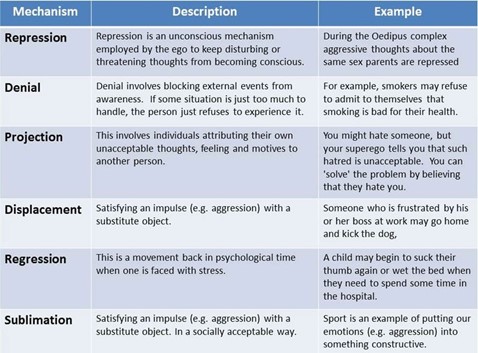When reviewing the admission assessment, the Registered nurse notes that a client was admitted to the mental health unit with involuntarily status. Based on this type of admission, the registered nurse should provide which intervention for this client?
Select one:
Monitor closely for opioid overdose.
Monitor closely for harm to a family member.
Monitor closely for severe anxiety and stress.
Monitor closely for using Methamphetamines.
The Correct Answer is C
When a client is admitted with an involuntary status, it means that the client did not consent to the admission and was likely admitted due to being a danger to themselves or others. This can lead to increased stress and anxiety for the client, so the nurse should closely monitor the client for signs of severe anxiety and stress.
Options a, b, and d are not appropriate interventions for a client admitted with an involuntary status.
Option a is more appropriate for a client with a history of opioid use.
Option b is more appropriate for a client with a history of violence or aggression towards family members.
Option d is more appropriate for a client with a history of methamphetamine use.
Nursing Test Bank
Naxlex Comprehensive Predictor Exams
Related Questions
Correct Answer is C
Explanation
Rationalization is a defence mechanism in which a person attempts to justify or explain their behavior or actions in a way that makes them seem more acceptable or reasonable. In this case, the client is using rationalization by attributing their alcohol abuse to their job and the need to drink with clients at parties.
Option a. Compensation is a defense mechanism in which a person attempts to make up for a perceived weakness or deficiency by excelling in another area.
Option b. Suppression is a defense mechanism in which a person consciously chooses to avoid thinking about or dealing with unpleasant thoughts or feelings.
Option d. Reaction-formation is a defense mechanism in which a person behaves in a way that is opposite to their true feelings or desires.

Correct Answer is D
Explanation
During a crisis, the client may be at risk of harming themselves or others. The nurse should take steps to ensure the safety of the client and those around them. Once the immediate safety concerns have been addressed, the nurse can then focus on identifying the cause of the client’s anxiety and helping them develop coping skills.
Whether you are a student looking to ace your exams or a practicing nurse seeking to enhance your expertise , our nursing education contents will empower you with the confidence and competence to make a difference in the lives of patients and become a respected leader in the healthcare field.
Visit Naxlex, invest in your future and unlock endless possibilities with our unparalleled nursing education contents today
Report Wrong Answer on the Current Question
Do you disagree with the answer? If yes, what is your expected answer? Explain.
Kindly be descriptive with the issue you are facing.
